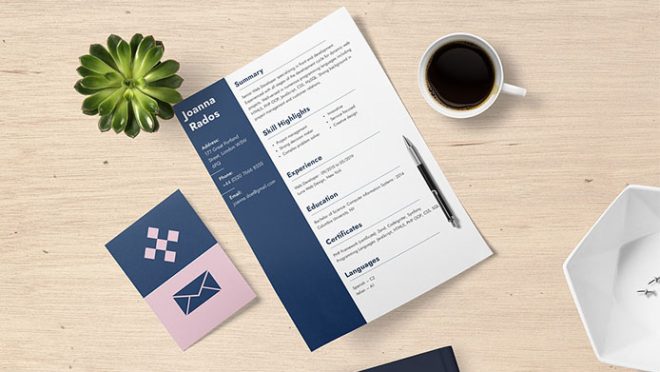What to add in the skills section of your CV
What to add in the skills section of your CV

The skills section of your CV shows employers that you have the abilities needed to succeed in the role. Many employers pay close attention to this part to decide if you should move forward in the hiring process.
It highlights your strengths and qualifications. By including a balance of both technical abilities (hard skills) and personal qualities (soft skills), you can give employers a clearer picture of your value. Transferable skills are also worth mentioning, as they help you stand out when applying for roles in new areas or industries.
It is usually easy to decide which hard skills to list, as they are often mentioned in the job description. Choosing the right soft skills can be more difficult. Think about the daily tasks of the role and consider which personal qualities will help you perform them well.
Here are ten examples of skills that employers commonly look for:
- Active listening – Paying full attention to the person you are communicating with, understanding their message, and responding thoughtfully. Active listening uses both verbal and non-verbal cues to show engagement and helps build stronger working relationships.
- Communication – Expressing ideas clearly, listening carefully, and showing empathy. It includes both spoken and written skills and is valued in every industry and at every level.
- Computer literacy – Many roles require knowledge of basic software such as word processing, spreadsheets, or email. In more technical positions, you may also need programming or specialist software knowledge.
- Customer service – Understanding customer needs, solving problems, and creating a positive experience. This often relies on a mix of problem-solving and communication skills.
- Interpersonal skills – The qualities that help you work well with others, such as cooperation, empathy, and the ability to handle different personalities. Strong interpersonal skills are important for teamwork and leadership.
- Leadership – The ability to guide a group towards shared goals, motivate others, and manage tasks effectively. It is useful whether you are leading a team or taking charge of a project.
- Management – Good management combines organisation, empathy, and clear communication. It involves overseeing tasks, supporting team members, and balancing responsibilities effectively.
- Problem-solving – Identifying the cause of a problem and finding solutions quickly. This may also involve technical knowledge depending on the role.
- Time management – Planning your workload, meeting deadlines, and staying organised. Time management also supports a healthy balance between work and personal life.
- Transferable skills – Abilities that apply across industries, such as teamwork, flexibility, and organisation. Highlighting transferable skills is especially useful if you are moving into a new field.
Hard skills and soft skills
Employers usually look for a mix of both. Hard skills are technical and teachable, such as using software or speaking a foreign language. Soft skills are personal traits, such as teamwork or adaptability, which are harder to teach.
Soft skills often make hard skills more effective. For example, a detail-oriented software developer with strong communication skills is more likely to spot errors and explain solutions clearly to their team.


